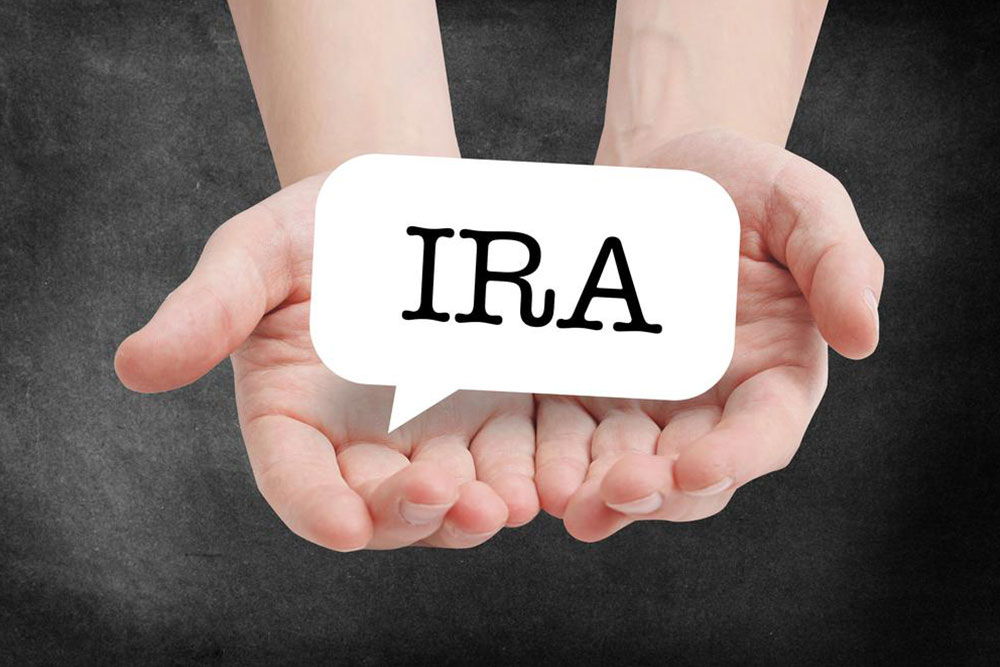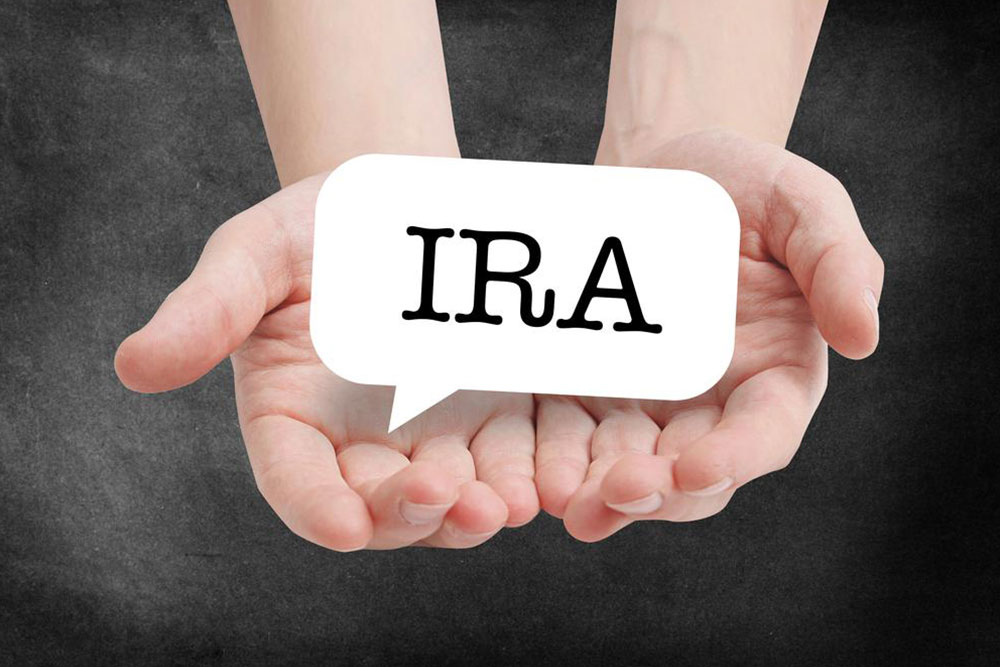Top Fixed Rate Bonds to Check Out
Fixed-rate bonds are one of the popular forms of investment as they offer investors a secure and reliable way of earning extra income on top of their savings. Fixed rate bonds are debt instruments that the government, corporations, and other institutes offer to raise capital. These bonds are a type of fixed-income security often used by investors keen on seeking predictable returns. This form of investment is usually suggested to investors looking to avoid risks.

Predictable returns
One of the biggest reasons to invest in fixed rate bonds is that they are the best way to have a stable income despite low-interest rates. The interest rate on these bonds is set at the time of purchase and remains fixed for the life period of the bond. It means that investors can rely on this stream of steady income despite the multiple fluctuations in market conditions and changing interest rates. This stability makes fixed rate bonds an exciting investment option, especially for those approaching retirement or retirees. The interest earned from these bonds can also serve as a source for meeting financial obligations such as rent, recurring expenses, and mortgage payments.
Diversification
Investing in fixed rate bonds is also a great way of diversifying your investment portfolio. Diversification can pay off as a wise investment strategy that spreads investment funds across different categories. It could include cash, stocks, and fixed rate bonds with low-interest rates but safety assurance. It helps in risk management and assures the investors of returns. Fixed rate bonds offer a source of interest income that is not correlated with the stock market. Moreover, it safeguards the investors from losing their money even if the stock market downturns at some point. As a result, investors still earn a fixed income from their fixed rate bonds despite an unstable stock market.
Tax efficiency
For investors in the UK, fixed rate bonds are also tax efficient. The interest they earn from investing in these bonds is subject to income tax. However, investors can use their annual tax-free personal savings allowance, which helps reduce the tax they pay for the interest income. Consider this, for the tax year 2021-22, the personal savings allowance for basic rate taxpayers was £1000. It means investors could make up to £1000 in interest without it being taxable income. For higher-rate taxpayers, the cut-off was £500.
Low-risk investment
A key advantage of investing in fixed rate bonds is that they are generally considered low-risk investments. The government, corporations, and other institutions with strong credit rankings usually issue fixed rate bonds. It means that any of the institutions that are considered highly creditworthy and are the ones that have a very low likelihood of defaulting on their debt can offer this investment option to the general public. Additionally, fixed rate bonds come with a predetermined maturity date. It means investors know when they will receive their principal investment back, making them a relatively safer option than stocks.
Top fixed rate bonds
In the UK, a wide range of institutions offers fixed rate bonds. You can find online banks, traditional banks, and building societies that offer this service. Each institution has its terms and conditions; it is important to read these carefully before investing. Some of the UK’s top annual fixed rate bonds are listed below.
SmartSave 1 Year Fixed Rate Saver
The SmartSave 1 Year FixedSaver fixed rate account offers a 4.33% AER (annual equivalent rate) on your investment. The minimum amount you can deposit in the account is £10,000 and can go up to £85,000. The account acquires a profit deposited into the account the day after the fixed term ends. However, the amount must be deposited within 14 days of opening the account.
Ahli United Bank (AUB) 1 Year Fixed Term Deposit
You can open this savings account online with Raisin UK. The minimum deposit amount required to activate this account is £1000, while the maximum you can deposit is £85,000. The interest is paid on the term maturity. However, investors are allowed to withdraw money under certain specific circumstances only.
Al Ryan Bank 12 Month Fixed Term Deposit
This account requires a minimum deposit of £5000. It also allows a maximum deposit of £1,000,000. You can open this account online and choose to receive the interest amount either on the bond’s maturity or every quarter.
Atom Bank 1 Year Fixed Saver
It is an excellent option for people that are looking to start small. With an AER of 4.30%, this account allows you to put aside as little as £50 and goes up to £100,000. You can also manage the account online via the bank’s smartphone application.
Tandem Bank 1 Year Fixed Savings Account
This Tandem fixed interest account can be opened via Raisin for £1. The account offers 4.25% AER making it one of the most preferred options by people starting slow. You can deposit up to £2,500,000 in this account.
Alicia Bank 12 month Fixed Term Savings Account
Here investors need a minimum of £10,000 and a maximum of £250,000 to start their savings journey. Also, there can be no withdrawals with this account, meaning your amount is locked in till the maturity date right from day 1.
Investec Bank 1 Year Fixed Saver
With a maximum amount of £250,000, investors can make multiple deposits within seven days of initiating the account. The repayment will be made at the end of the term with 4.15% AER.




